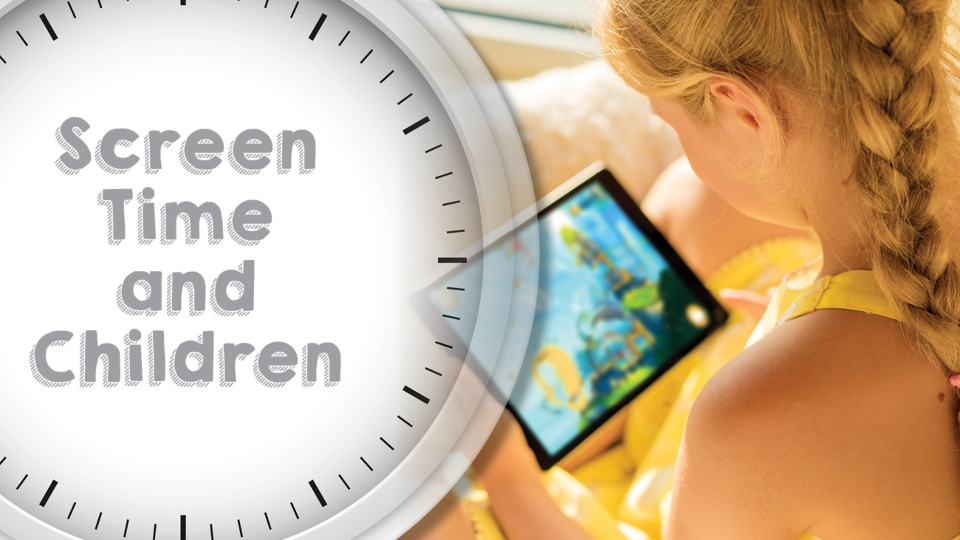Children’s Eye Examinations: When and How to Check Your Child’s Vision
12/01/2026

10/04/2023
In recent years, concern about excessive exposure to digital screens in childhood has been increasing, especially after the pandemic. Blue light is part of visible light spectrum, sunlight is the biggest source of blue light, but electronic devices such as tablets, smartphones, computer monitors, or LED TVs are a source of artificial blue light. The current concern is about long-term effects of screens exposure in children, which, as we know, is more than the time recommended by the World Health Organization. The World Health organization (WHO) recommends no more than two hours a day in children apart from school time. According to a vision study by the National Eye Institute, children are more at risk than adults because their eyes absorb more blue light from digital devices. The effects of overusing the screen in children results inmyopiaor nearsightedness. The number of people developing myopia has nearly doubled since 1971, this dramatic increase which is associated with overusing of near distance fixation. This digital eye strain leads to dry eyes, itchy eyes, blurry vision, and headache. Sleep disruption from screen use is one of the main important concerns about this blue light in recent years. When children or adults use the screen too close to bedtime it can affect the sleep quality, altering the circadian rhythms thereby decreasing the production of melatonin, also referred to as sleep hormone, and as we all know that sleep in children is even more important than that in adults. this dramatic increase which is associated with overusing of near distance fixation. This digital eye strain leads to dry eyes, itchy eyes, blurry vision, and headache. Sleep disruption from screen use is one of the main important concerns about this blue light in recent years. When children or adults use the screen too close to bedtime it can affect the sleep quality, altering the circadian rhythms thereby decreasing the production of melatonin, also referred to as sleep hormone. We are all aware that sleep in children is even more important than that in adults, hence it is important for children to produce good sleep hormone or melatonin.
This dramatic increase in cases of Myopia in children is associated with overusing of near distance fixation.
These are the reasons because of which we need to avoid the overusing of screens in children. The American Academy of Ophthalmology in 2019 published in Ophthalmology, that the simple recommendation of spending time outdoors, at least one hour a day, especially in early childhood can slow the progression of myopia. Also, it is recommended to rest the eyesight every 20 minutes with the simple rule 20-20-20 - this means that for every 20 minutes in near distance work on the screen we need to take a 20 second break and look 20 feet far ( more than 6 meters). And of course, avoid the screens' exposure at least 1 hour before going to sleep.
In general, screens have an addictive effect on children that is not recommended for their cognitive development. Also in addition we should be increasingly aware that screens can affect the visual health of our little ones and it is our obligation to proactively take care of their vision from childhood itself.
Written by:
Dr. Julia Sempere
Consultant Ophthalmologist